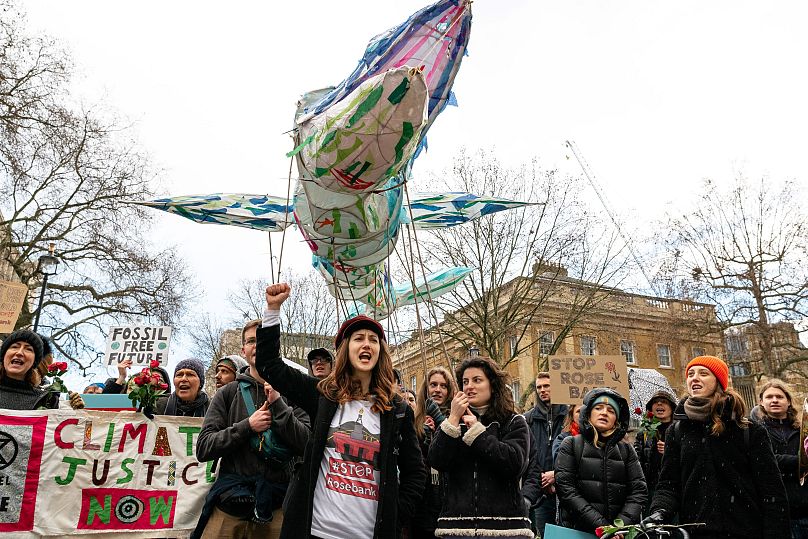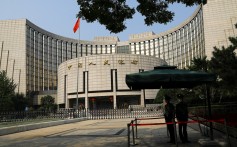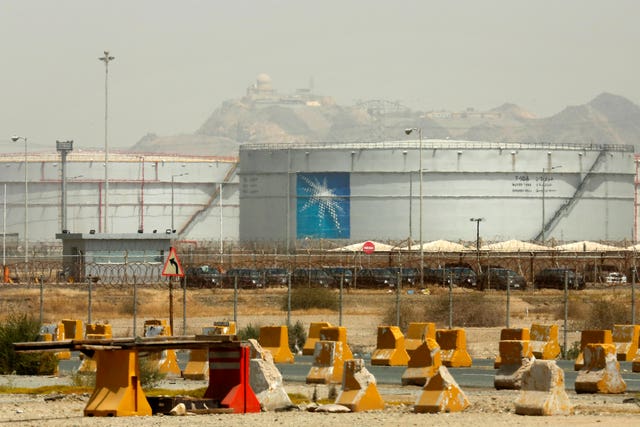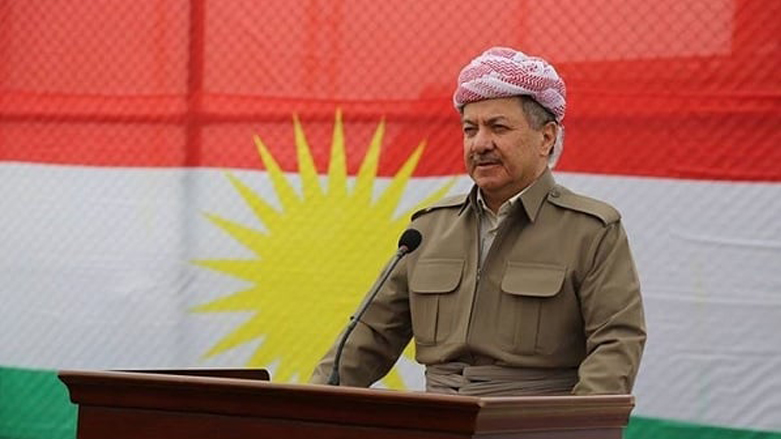Meet the psychologist who matchmakes philanthropists with cash-strapped activists

Jessica Kleczka spoke to fellow climate psychologist Margaret Klein Salamon about why disruptive activism works. -
By Jessica Kleczka • Updated: 12/03/2023 -
I meet Margaret Klein Salamon over Zoom. Her New York office is bright and minimalist, with a couple of pieces of abstract art and a single large plant. She greets me with a smile. I’ve been anticipating our conversation for weeks. Being a climate psychologist can be lonely at times as our work is still very niche. So it’s a rare treat to meet another of our small tribe.
It turns out that our work trajectories have been similar, too. We both gave up careers in clinical psychology to focus on activism.
While my work involves researching effective climate communication and implementing findings in my campaigning work, Salamon directs a fund that financially supports some of the most radical activist groups. It’s a joy to connect with someone else who does this unusual job, and uses their skills in an unconventional way.
My diagnosis of our situation is that we're in a state of mass delusion of normalcy.Margaret Klein Salamon
I wonder aloud to Salamon how her background in psychology shaped her approach to climate action. “My diagnosis of our situation is that we're in a state of mass delusion of normalcy”, she says with what I come to learn is her usual candour, “which is perpetuated by the media and other institutions, but also socially. This is quite challenging, because all you have to do to play a part in perpetuating this delusion is to just continue with life as usual. You could say we're asleep or in a trance.”
‘Climate deniers are victims not villains’: A psychologist’s guide to winning them over
Hannover, Marburg: German mayors on why they're giving climate activists (some of) what they want
We’ve known about the science behind climate change for decades - but our actions are still far from what is needed to solve the climate crisis. A lot of this is the result of relentless lobbying, cover-ups and campaigns from the fossil fuel industry, who continue to falsely claim that a future without their products is impossible. Their fear-based tactics have been successful. Both on an individual and political level, we continue to cling on to the status quo. And that’s where activists come in.
Does climate activism work?

Salamon says activists are awake to the seriousness of the climate crisis and “they are here to wake us up.”
They are unlikely to be popular while blocking major roads, throwing soup at paintings or interrupting football games. But social scientists are seeing that disruptive action shifts the ‘Overton window’ - the range of policies and actions seen as politically acceptable to the mainstream population.
Last year, UK pressure group Just Stop Oil repeatedly stopped traffic on major roads and highways to protest new oil and gas licences.
Non-profit research group Social Change Lab ran surveys before and after a week of Just Stop Oil disruption. They found that while the actions increased polarisation between groups who are strongly for or against climate action, increased awareness of Just Stop Oil also resulted in increased support for environmental charity Friends of the Earth. This phenomenon is called the Radical Flank Effect.
So: activism works. But it’s not free. This is why Salamon’s grant-making organisation the Climate Emergency Fund aims to be a “bridge” between philanthropists and activists.
“We educate and help donors see why disruption is important as it's very foreign to most of them. Many are primarily interested in climate policy, so I explain why activism is a great policy intervention, and that controversial activists are not necessarily a bad thing. Activists have always been unpopular throughout history.”
Why do activists need funding?
The case for funding activists is strong: the Stanford Innovation Review found that funding activist groups can achieve a hundred times the amount of CO2 reduction compared to carbon offsetting.
To put this in context, an estimated $46 million (€43.5 million) in philanthropic funding is invested in grassroots organising worldwide. While $2.3 billion or €2.1 billion is pledged in support of human rights. The voluntary carbon offset market was worth $2 billion (€1.8 billion) in 2021.
So it’s clear that activists are needed but there is one big barrier: making a living.
83 per cent of grassroots activists are unable to focus their time solely on activism for financial reasons.
Research by HERO, a subscription platform which raises funds for activists, found that 83 per cent of grassroots activists are unable to focus their time solely on activism for financial reasons.
It’s hard for grassroots activists, particularly the most radical, to get funding because many institutions steer clear of them for ideological reasons.
Funding provides more than just a living in some cases. “Many activists are at terrific risk,” Salamon says. “One person I want to mention is Zain Haq, who is a 21-year-old activist from Pakistan. He was on a student visa in Canada, and currently facing deportation for non-violent climate activism. If Zain is forced to go back to Pakistan, he will land in jail there for being deported from another country. It’s a shocking case of state repression.”
Donate to Zain Haq's legal defence fund
Talking about the climate crisis is one of the best ways you can help

Normalising activism, or even conversations about climate change, is something Salamon sees as a key psychological challenge. “It’s important to understand the forces of normalcy and social conformity. There’s a social psychology experiment where a room is filling with smoke. If all the other people in the room are just sitting there as if nothing was happening, the study subject will also not act. But if one person raises the alarm, it totally changes the dynamic. Yale calls it the ‘Spiral of Silence’ - people don't talk about climate because other people don't talk about it. The good news is that we can flip this, and normalise being alarmed about the climate emergency.”
Salamon hits the nail on the head. In my climate communication work, I often tell people that the most powerful climate action they can take is to just talk about it. Most people are concerned about the climate crisis, but feel uncomfortable to talk about their feelings, simply because they don’t hear others talk about it. This is perpetuated by unhelpful stereotypes of people who are ‘green’, and harmful media narratives demonising activists.
The emergency is so advanced that we don’t have time for gradualist approaches.Margaret Klein Salamon
“What we're talking about is getting the public to realise that we are not safe, our families are not safe, everything we love is not safe. The emergency is so advanced that we don’t have time for gradualist approaches. While small changes are better than nothing, I would rather see activists waking up the public and calling for solutions that could actually work.”
Young people’s mental health is especially at stake if we don’t talk about the climate crisis openly. Psychologist and academic Caroline Hickman’s research has shown that 75 per cent of young people are terrified of the future, and a paper I co-published last year found that many young people do not feel taken seriously in their climate concerns.
Salamon cites research, conducted by the United Nations, which found that 56 per cent of young people worldwide think humanity is doomed. A recent study by the University of Bath found that 75 per cent of young people’s daily lives are affected by worrying about the climate crisis.
“That can fuel a movement”, she says. “That pain and despair, those are the conditions that also supply the inspiration and truth that you can be part of changing the world.”
Imagining a better world takes courage
Given the increased stakes of activism and advocating for a better future, how can we inspire people to take action for the planet?
“People will need to understand that they’re taking action for their own safety, their family and the whole world.”, Salamon explains. “[Environmental lawyer and ecocide activist] Polly Higgins talked about the courage to be great, and I think that a vision of greatness is important. It’s very easy to get down on humanity and say that nature will heal when we’re gone. But the reality is that we’re part of a destructive system, and there is a fundamentally different way we can exist on this planet. A healthy, vibrant and restored way.
“Activists are fighting for that, and that mentality is much more fulfilling, joyful and healthy than what most people are doing - living for oneself, our careers, our apartments, and money. Ultimately, the shift we need to make is a new vision of greatness.”
That’s where our imagination comes in. We’ve been stripped of our capacity to envision a better future, taught to believe that there is no alternative to the systems of capitalism and extractivism we currently live in. I personally love climate fiction such as ‘solar punk’, which helps us reclaim that lost imagination. Creatively exploring what could be achieved if we radically restructure our current systems and economies nurtures and maintains our movements.
Salamon agrees. “It’s so hard to envision a way out of this. Policy and think tanks have a role to play in that, but also artists. We need examples to follow both from real life and fiction.”
“When you give yourself over to a greater force, you put yourself in service. This sounds very noble, and it is, but it also feels good. It feels so much better. Once you've seen the possibility of being part of changing the world, even if it seems unlikely, it's the only path to the future that is worth pursuing.”
Donate to Zain Haq's legal defence fund
Learn more about Climate Emergency Fund














